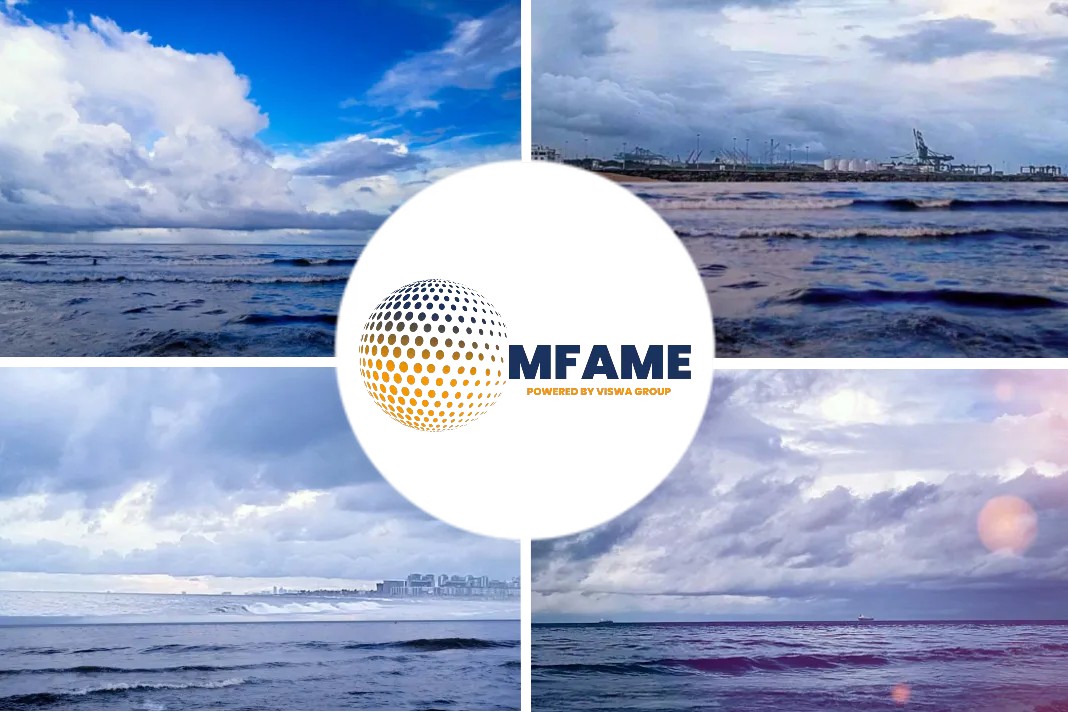- Swedish biotechnology company I-Tech AB, developers of the antifouling agent, Selektope®, have welcomed outstanding five-year performance results achieved on a container vessel.
- The hull of the 8.900 TEU containership was coated in March 2016 with SEAFLO NEO CF PREMIUM.
- Biofouling risk increases in warm waters, peaking in water temperatures above 25°C.
Swedish biotechnology company I-Tech AB, developers of the antifouling agent, Selektope®, have welcomed outstanding five-year performance results achieved on a container vessel using a copper-free, Selektope-containing antifouling coating, says an article published on marine insight website.
First ocean-going vessels that contains Selektope
The hull of the 8.900 TEU containership was coated in March 2016 with SEAFLO NEO CF PREMIUM. This antifouling coating, supplied by Chugoku Marine Paints (CMP), was the first to be launched on the market suitable for ocean-going vessels that contain Selektope.
Analysis of the performance
After 60 months of operation in waters with a high biofouling risk and with no hull cleaning undertaken, the ship entered dry dock with the vertical sides, flat bottom and niche areas of the hull completely free of any barnacle growth
During this time, the container ship moved at an average speed of 17 knots in warm waters with an average operation level of 78%. The performance degradation of the vessel was evaluated in line with the in-service performance indicator standard, ISO 19030.
Analysis of the performance data confirms that the ship had an impressive zero speed loss over 60 months. Compared to the market average for antifouling products, over a 60-month period the ship achieved 16.5% fuel savings and its CO2 emissions were reduced by 85,500 tons.
Biofouling risk increases in warm waters, peaking in water temperatures above 25°C. Depending on the season, between 50% – 85% of ship idling occurs in water temperatures above 15°C, where risk increases significantly.
The size and scale of biofouling hotspots, particularly those in tropical and sub-tropical waters, are increasing as climate change warms water temperatures globally.
These areas contain higher concentrations of marine organisms responsible for biofouling on ships. As such, vessels spending most of their time in these regions are at a higher risk of excessive hard fouling accumulation.
“The number of vessels entering dry dock after completing a five-year sailing period with Selektope protection in place is increasing, and the results speak for themselves. Our technology can mitigate highly impactful hard fouling, regardless of ship type, trading route and operational profile.
“Oceanic temperatures are warming, this means that conditions for barnacle population growth in coastal waters are becoming more favourable, increasing the risk of fouling. Since this type of hard fouling has an immensely negative impact on ship efficiency, the role of antifouling solutions that make use of our technology, Selektope is increasing in importance.” says Per Svensson, Sales & Marketing Director, I-Tech.
Did you subscribe to our daily newsletter?
It’s Free! Click here to Subscribe!
Source: marine insight






















